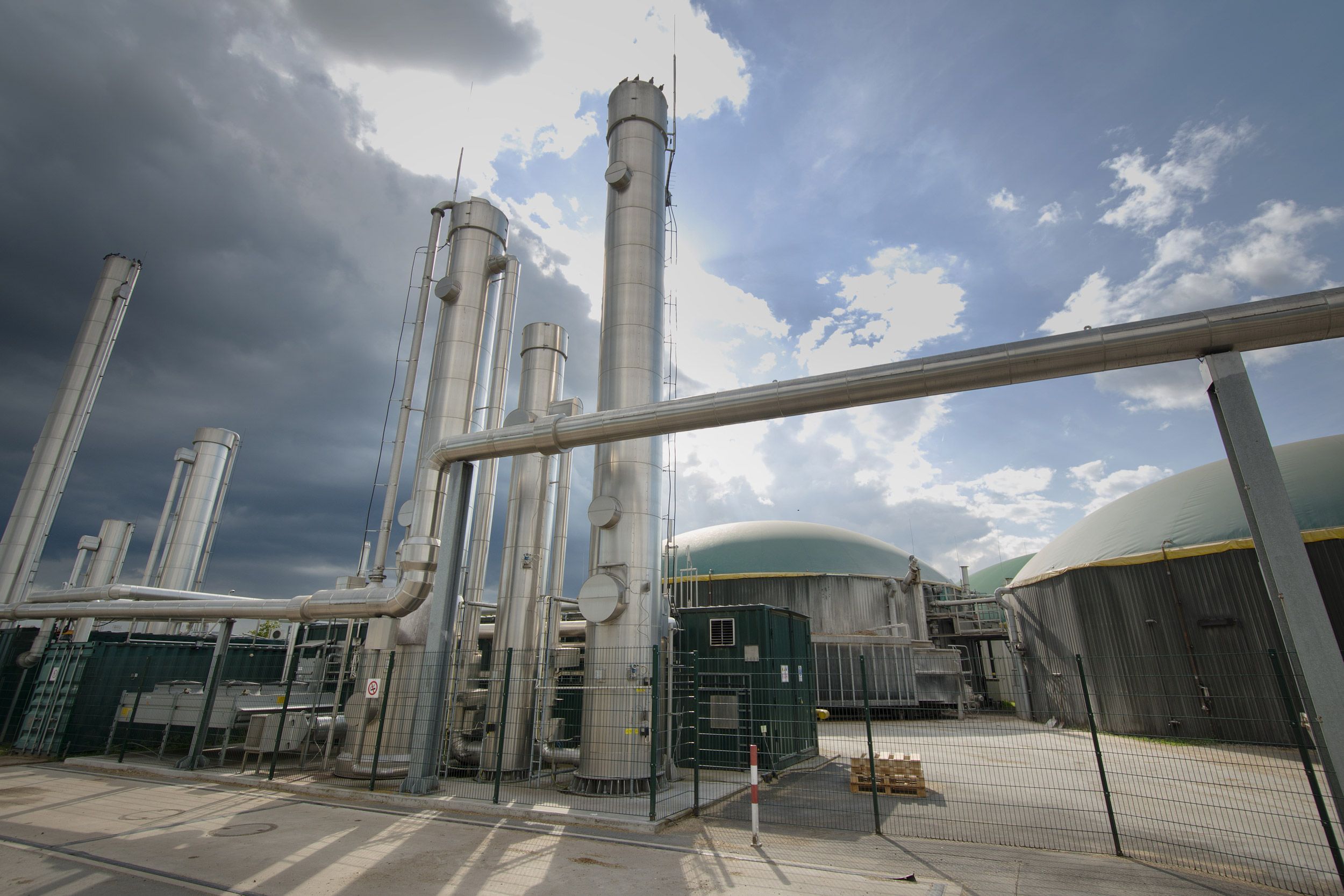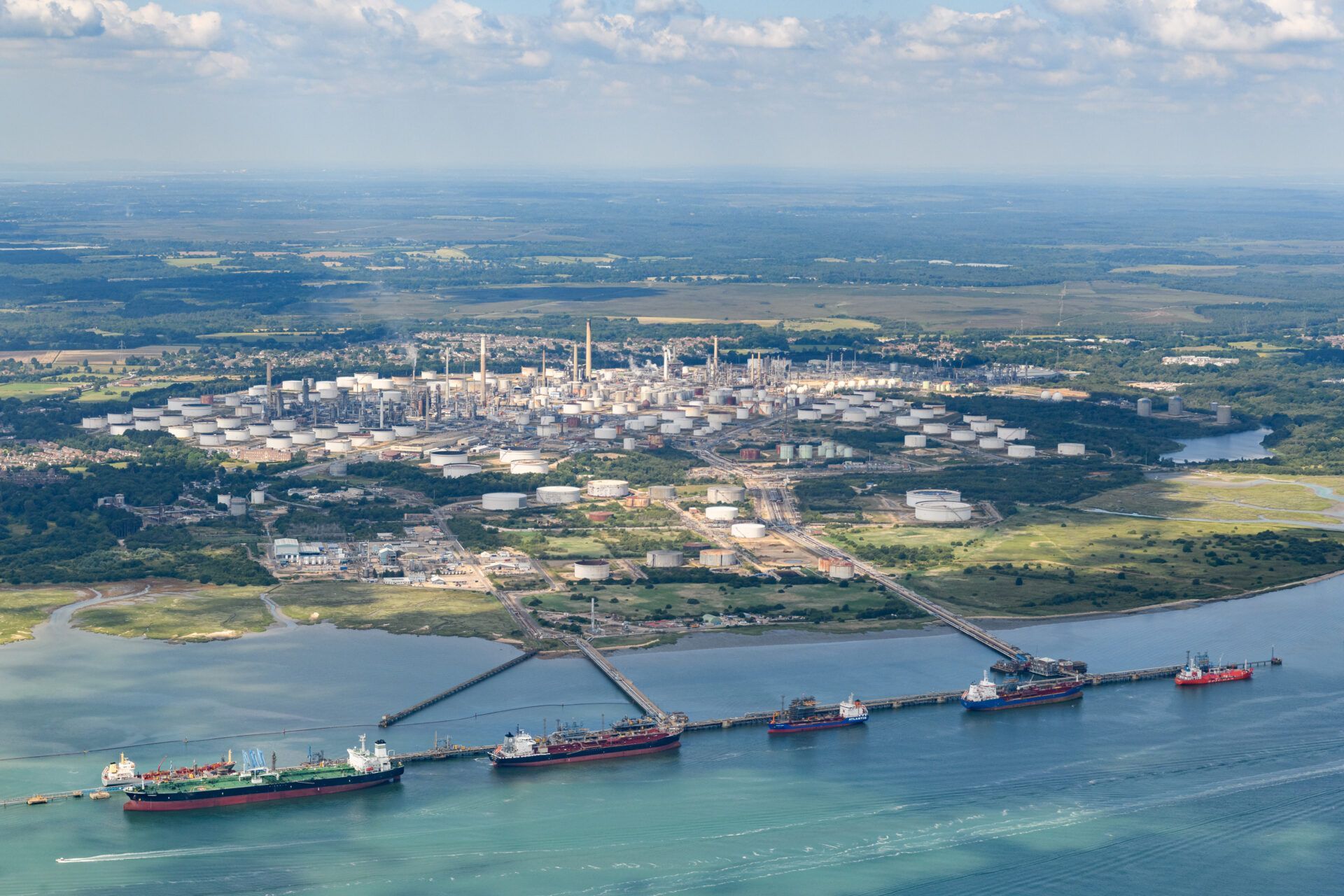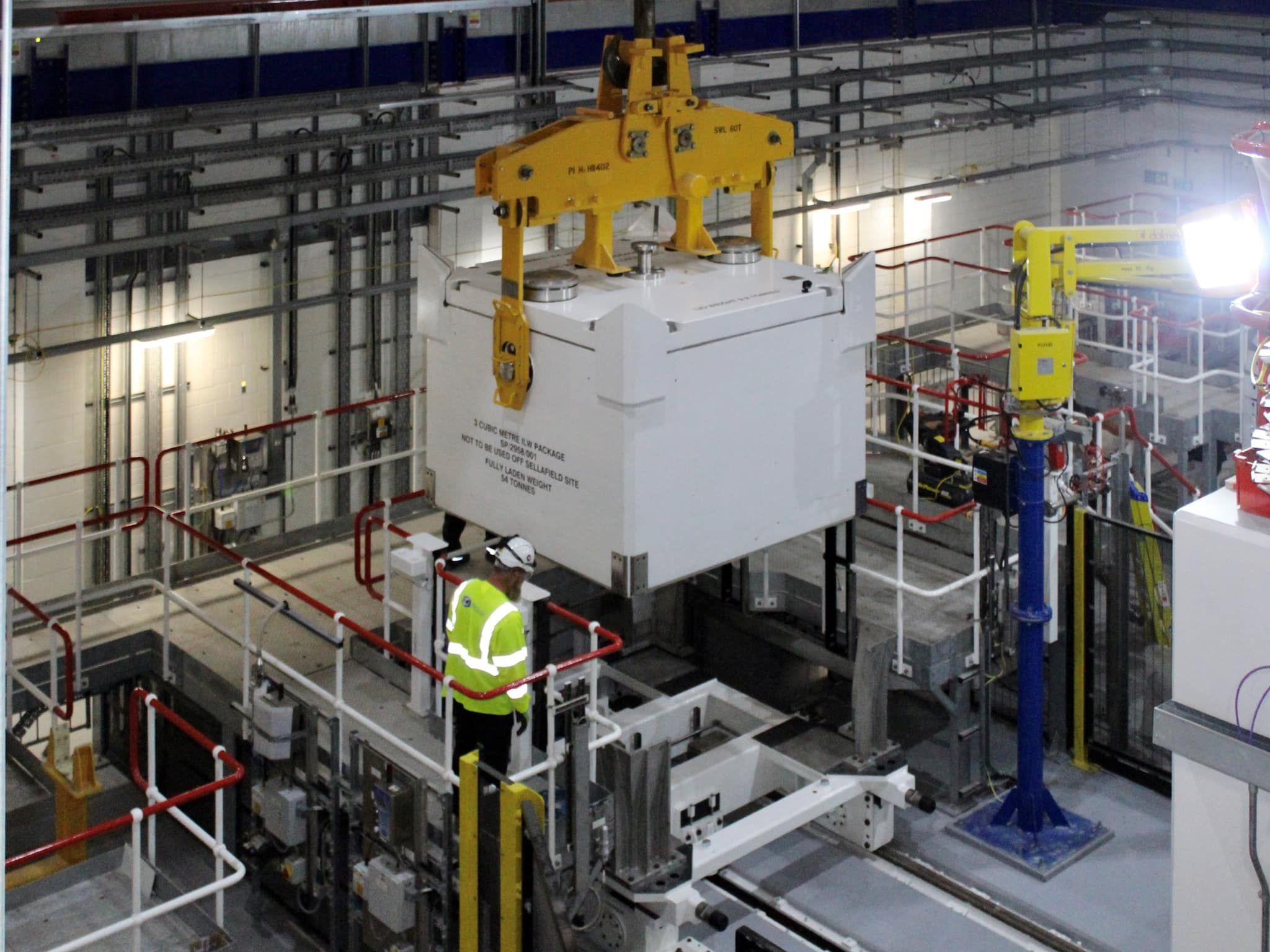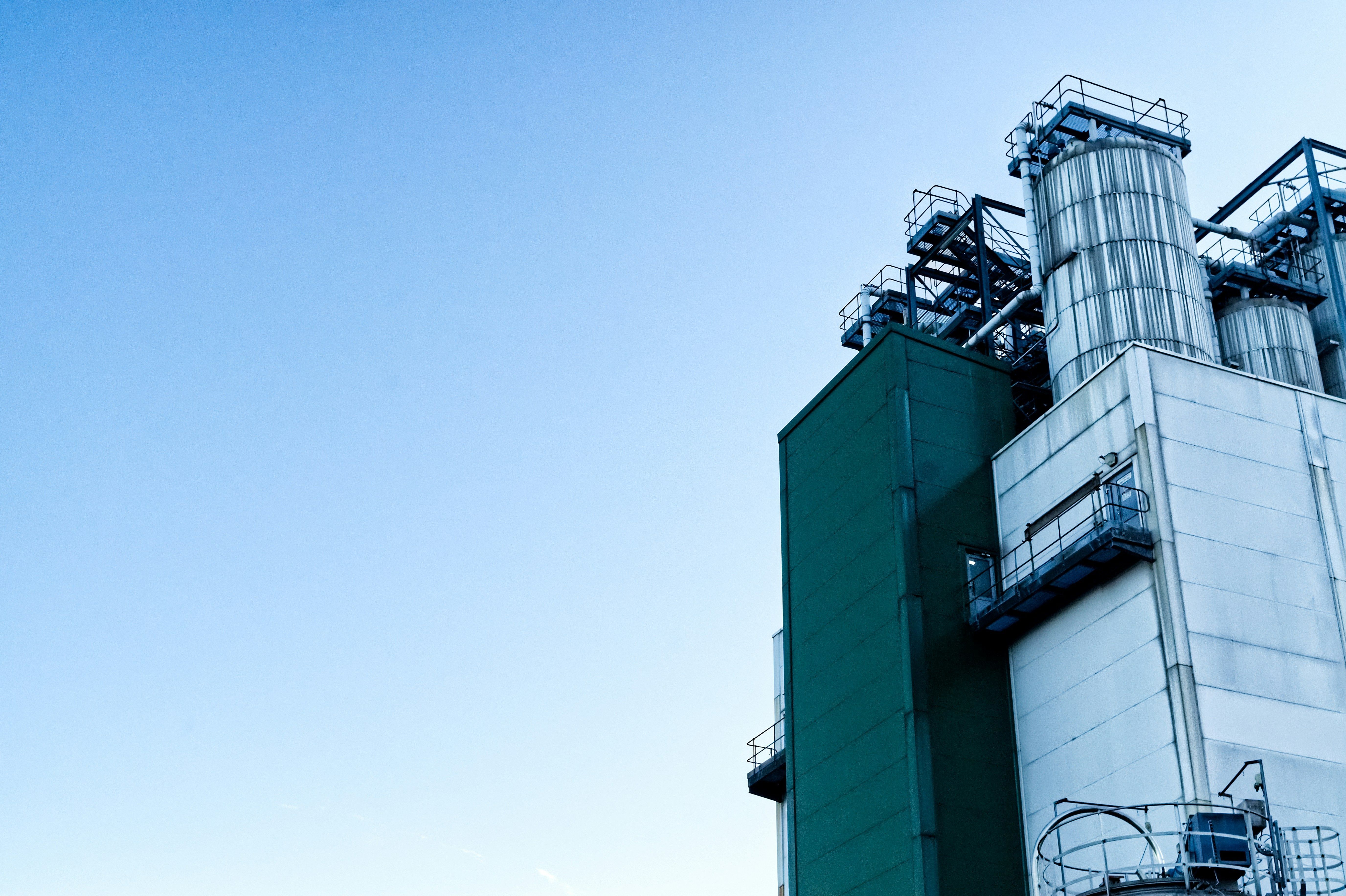Problem
Anaerobic digestion plant operators who inject biomethane into the gas network have to ensure the injected gas is within tight quality tolerances. Gas quality is typically controlled through a biogas upgrade plant. The biogas upgrade plant strips CO2 and other gases from the biogas to produce biomethane which is then combined with a small amount of propane to match grid conditions. There are number of operational factors that have to be tuned in order to maximise biomethane purity which can be costly to the operator if not optimised.
Our client operated a water scrubber gas-to-grid plant, processing biogas derived from food waste. Although the gas upgrade plant was performing within specification, our client expected that significant performance benefits could be extracted through an optimisation process targeted on the main cost drivers of the system. The plant was, on average, costing the client ~£130 per hour over a period of recent operation. This cost was attributed to the cost of propane injection to meet grid standards, lost methane at market value from methane slip within the drying process and the power draw of the system.
Ada Mode was tasked with making recommendations to minimise this total cost by optimising plant control parameter settings.
Approach
Ada Mode data scientists and engineers designed a predictive model of plant performance using both contextual data and historic control policies as inputs. The generalised model took the form of a digital twin, providing performance estimates for adjusted plant control policies.
By combining the digital twin technology with a non-differentiable optimisation algorithm (particle swarm optimisation), the system was able to provide fully automated and continuous control suggestions found to minimise the cost of operation within the digital twin. The multi-objective optimisation focusing on lost methane, gas quality and plant power draw was reduced to a one dimensional problem through the development of a utility function that quantified each element of the cost in financial terms.
The insights of the optimisation engine could then be delivered to the operator to adjust control settings accordingly.
Our approach enables optimisation of existing plant without the requirement for additional equipment or capital expense.
Outcome
Ada Mode’s machine learning control design was demonstrated to effectively optimise the gas upgrade performance, increasing output by ~£115,000 per year (~ 10% of current annual costs).
The algorithm solves a continuous optimisation problem to provide ongoing support to system owners with suggested control settings. The result of the optimisation suggested that the biggest cost savings can be made by focusing efforts on minimising lost methane and allowing for extra propane injection when required. The optimisation not only minimised client cost but provided savings to methane emissions of ~5,000kg per year, significantly reducing the site’s greenhouse gas output.



